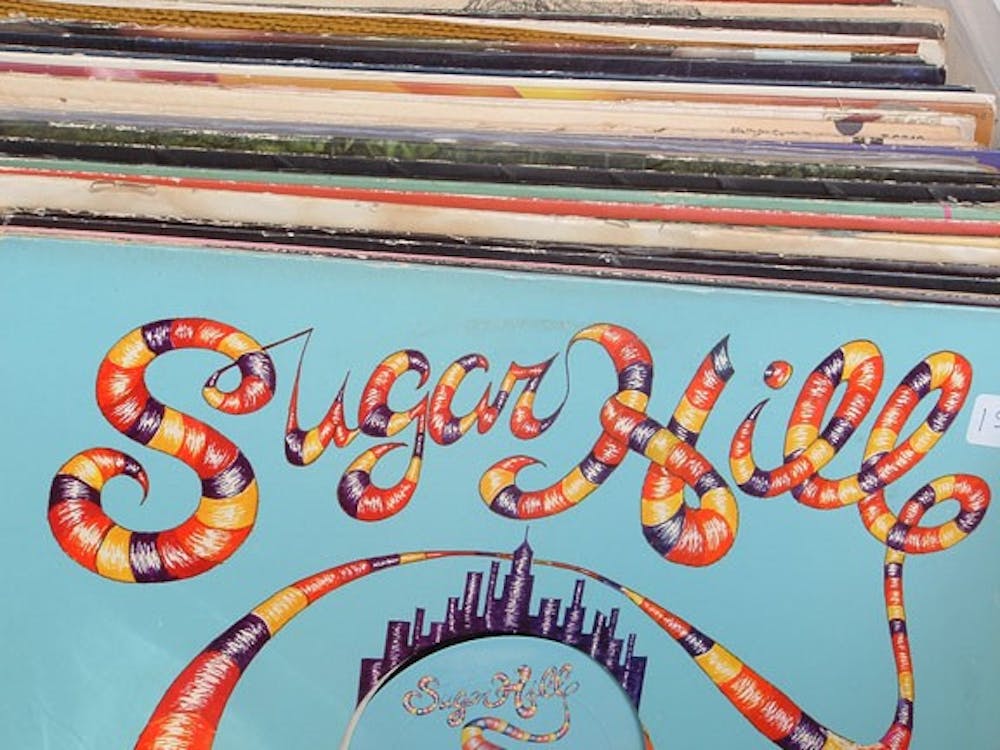Black Lives Matter has become one of the biggest movements in history. Along with this, music has become a popular tool for protests because many artists are creating politically-charged music.
This can also be seen throughout history through artists like NWA in “Straight Outta Compton” which touched on race politics and police brutality. Many people globally are striving to learn more about Black history as a result of the senseless killings of Black people in the US, and music is one of those outlets.
Sylvia Robinson is one of the first Black women to become a producer in the male-dominated music industry and pioneered the hip-hop movement. She is renowned as the ‘mother of hip-hop.’
Robinson was responsible for producing the first commercially successful hip-hop record, “Rapper’s Delight,” and the first social commentary record, “The Message.” Each of these records is important to the history of hip-hop.These records have great historical context and success.
“Rapper’s Delight” was released in September 1979 and was co-written and produced by Sylvia Robinson. It is important to recognize that “Rapper’s Delight” was not the first rap or hip hop record to exist. However, it popularized hip-hop music as it was the first hip-hop record to hit Billboard’s Top 40.
It also ranked fairly high in music charts across the globe in several European countries, South Africa and Canada. This was monumental as it introduced hip-hop to white listeners and is recognized as one of the best hip-hop records of all time.
Robinson co-wrote and produced “The Message,” which was released in July 1982. It is recognized as the first social commentary hip-hop record. This record focused on inner-city poverty within the Black community. The lyrics touch on homelessness, drugs, crumbling education and many more issues that are prevalent today.
When this song was released, the crack epidemic was prominent. During this time, Ronald Reagan kickstarted the war on drugs, leading to millions of arrests of Black Americans compared to their white counterparts. This song is viewed as one of the greatest hip-hop songs of all time.
“White Lines (don’t do it)” was released in October 1983 and was co-written and produced by Robinson. It was the first rap song that focused on drug use and is recognized as one of the best hip-hop records of all time. Just like “The Message,” it was one of the first socially conscious rap songs to be released.
The timing of this song was also during the crack epidemic and centrally focused on the drug laws and cocaine use that heavily affected the Black people. Within the lyrics of this song, it touches on the harsh sentencing of Black youth compared to older white folk that would get away with serious crimes.
The songs produced and written by Robinson are important to not only music in general, but also the Black Lives Matter movement and fighting for racial justice. Within these socially conscious songs, they fought for the same policies that we are fighting for right now. It is important that people know about Robinson and the work she has done to shape hip-hop culture.
Her ability to expand hip-hop music beyond New York to all listeners globally allowed hip-hop to have the platform it does today. Ever since Sylvia Robinson produced these records, music continues to be a tool utilized by several Black and Brown artists to make social commentary on our world today.

Uplifting Black stories, perspectives and art from IU and Bloomington. Reach out at blackvoices@idsnews.com.






